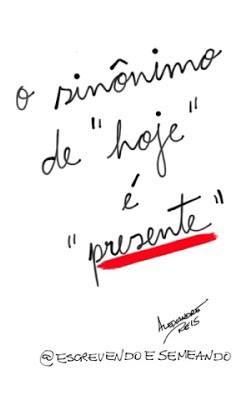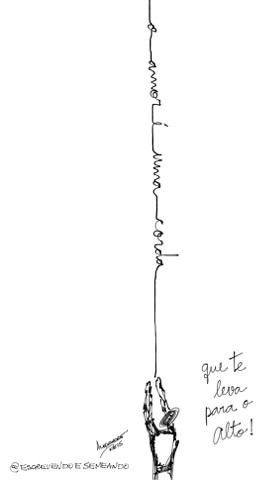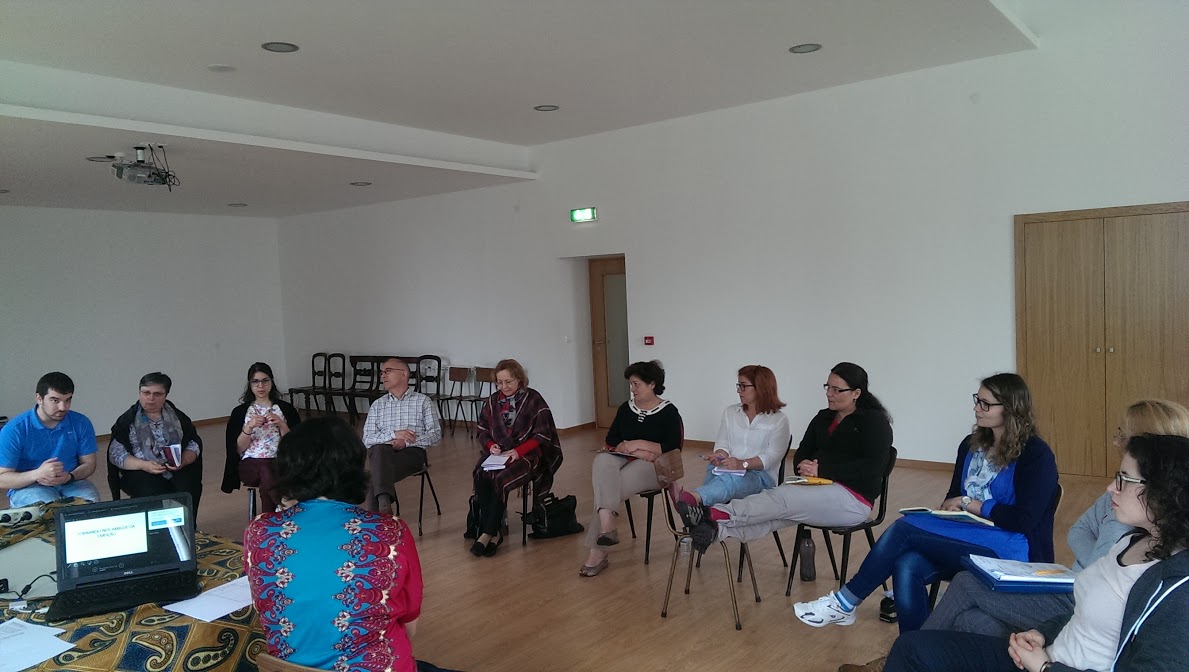Abundance – this is what God always offers us. Scarcity – this is how we usually view the world.
On Tuesday, the Gospel reading in Mark 8:14-21 told of a boat trip of Jesus and his disciples across the lake. Here’s the context: Jesus had just performed one of his most awe-inspiring miracles of feeding four thousand with a few loaves of bread. The Pharisees then ask him for a “sign from heaven to test him” (Mk 8:11) as if all his previous healings and feeding the four thousand a few hours earlier was not sign enough. Jumping into the boat, Jesus makes a comment to his disciples to beware of the philosophies and mentalities of the Pharisees, their “leaven” as he describes it. The disciples, having forgotten to bring bread for the journey (they only had one loaf among them), assumed that Jesus made this comment because they had no bread. How superficial the disciples’ and our thoughts can sometimes be. Jesus knows exactly what they are thinking and essentially cries out: This has nothing to do with bread! Jesus goes on to say it is like you have eyes but do not see, have ears but do not hear. He then reminds them of his miraculous multiplication of loaves to feed the five thousand some time before and the four thousand just hours before. He asks them how many baskets of fragments were left over, the pieces of bread these very same disciples had gathered up. Probably with the disciples’ eyes sheepishly staring at the bottom of the boat, they answer “twelve” and “seven”. Jesus then brings to a climax the whole moment with the simplest of questions: “Do you still not understand?”
It is like Jesus is saying: I give you everything, I offer you the most plentiful of lives basking in my love. I will fill all your worries, depressions, limitations and failures. All you need to do is believe in me and trust in my proposal of abundance. All you need to do is have faith in my faithfulness. We can become so closed in on ourselves, foolishly relying on our own tiny resources – counting the inventory of our few loaves of bread – when God is willing to dump a mountain of bread onto our laps. Do you still not understand? I will not only give you what you need according to your limited horizons (feeding the four thousand men), but I will give you even more than you can possibly dream of (seven baskets left over).
During these last months I have been struggling with sickness and how easily I have found myself dejected. I have caught myself feeling as if I am battling this all alone. But hearing and wrestling over that potent question at the end of Tuesday’s reading knocked me forcefully out of my doubt.
Sometimes we can be like the disciples, where we have a sincere intention to love God, but out of fear, we are not willing to make the leap of faith to truly abandon ourselves into God’s hands trusting that he will bring all things to good for those who love him. Sometimes we can also be like the Pharisees, where we observe the workings of God’s love first hand, yet still remain unmoved, continuing down our own self-centered paths, isolated and lost. In both cases, we remain in a mindset of scarcity, with the anxiety that goes with it. Jesus’ message is clear: My kingdom is one of abundance, where your life is full to the degree that you have faith in my Love. If you ask for one loaf with child-like faith, I will give it to you…and thousands more.
– Mark & Maggie Banga
Comboni Lay Missionaries serving in Awassa, Ethiopia







